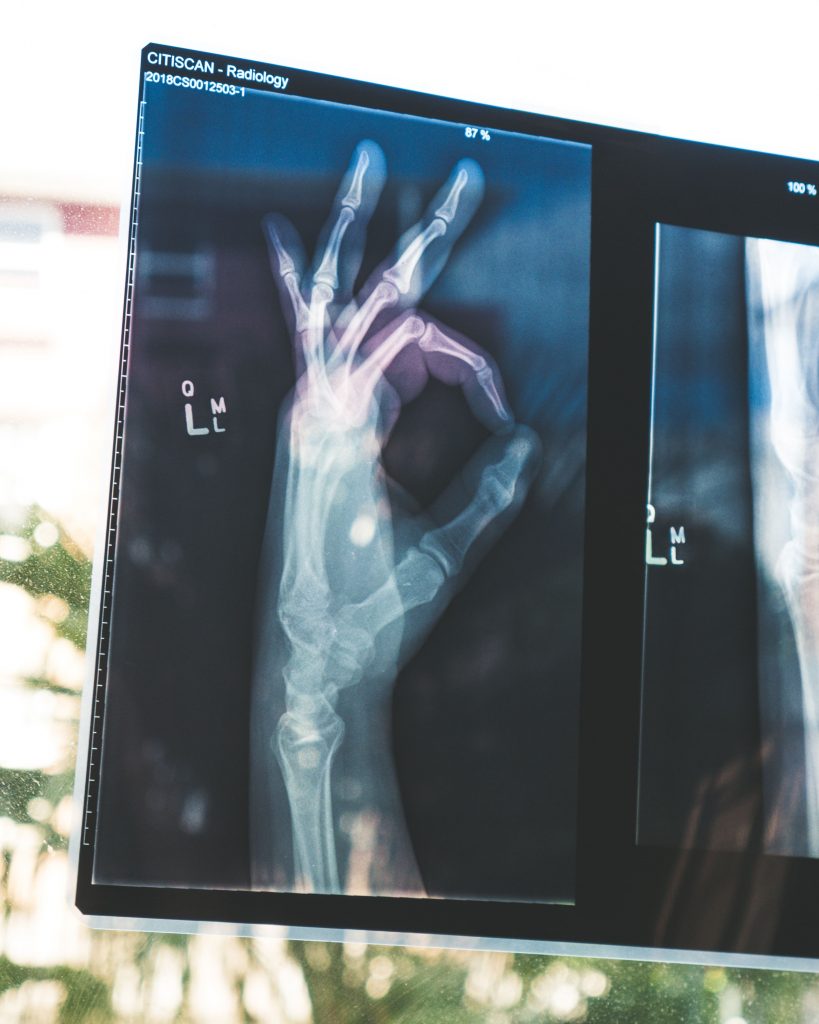
Home » Programs & services » Musculoskeletal Conditions
Musculoskeletal Conditions
Musculoskeletal conditions, of which arthritis and osteoporosis are most common, are one of the major causes of chronic pain and disability in Australia.
Musculoskeletal conditions are conditions of the bones, muscles and their attachments such as joints.
Arthritis involves inflammation of the joints, causing pain, stiffness and disability.
Other musculoskeletal conditions, such as osteoporosis and back problems, affect the muscles, bones and joints.
There are more than 150 forms of arthritis and musculoskeletal conditions, but the more common conditions include:
- Osteoarthritis: a degenerative joint condition affecting the weight-bearing joints such as the hips, knees and ankles and well as the hands and spine.
- Rheumatoid arthritis: an autoimmune disease where the body’s immune system attacks its own tissues, and thus differs from osteoarthritis, which is characterised by wear and tear of joints. It is more severe than osteoarthritis and while not only confined to the joints, the hand joints are the most commonly affected.
- Osteoporosis: a largely preventable condition whereby there is a progressive loss of bone density and decrease in the strength of the skeleton, such that even a minor bump or accident can cause serious fractures. Often people are not aware they have osteoporosis because the condition lacks obvious symptoms. The condition is much more common in females than in males.

- Juvenile arthritis: A term used to describe arthritis occurring in children under the age of 16 years. Most forms are believed to be autoimmune disorders. Children with arthritis report chronic or recurrent pain with restriction in physical activity. Long periods of active arthritis can impair muscle development and lead to growth abnormalities and joint problems.
- Back problems: Back pain and back problems can be attributed to numerous factors including muscle strain or the displacement of an intervertebral disc. These may be caused by underlying illness or injury.
We can help you by providing:
- Information on your condition, medications and supportive treatments
- Referral to one of our other services, a GP or another specialist service
- Health care and health checks
- Support and advocacy
- Counselling for you and your family
- Health goal setting and support to reach your goals
These services are provided by qualified practitioners including, Registered Nurses and Mental Health Clinicians.
Disclaimer: The information provided in this article is solely for educating the reader. It is not intended to be a substitute for the advice of a medical expert.

 Service Locator
Service Locator